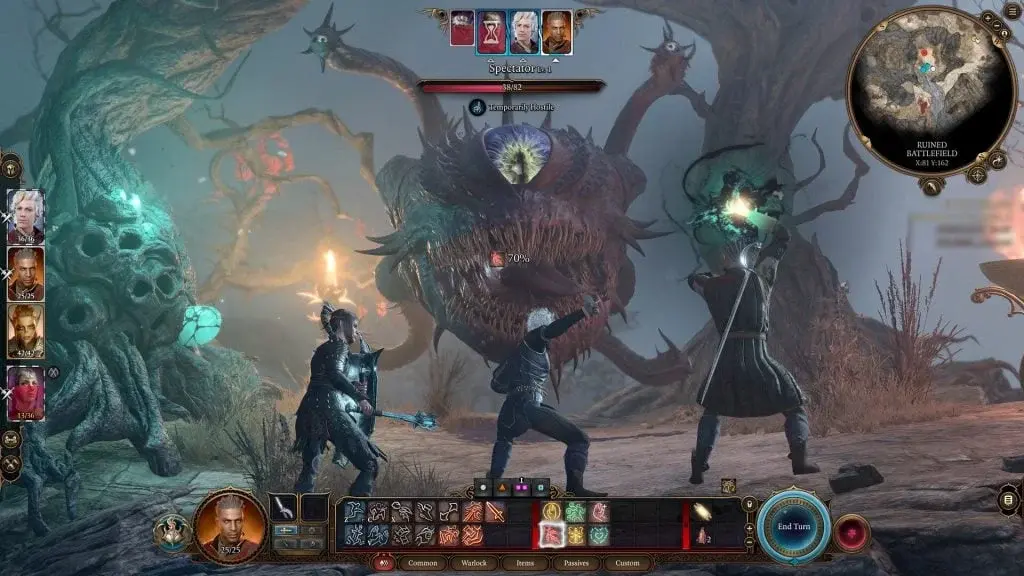Spec sheets aside, the availability of a good number of exclusive games is key in shaping the success of a console generation.
Even with major acquisitions like ZeniMax Media and Activision Blizzard King (ABK), Microsoft’s Xbox Series X|S hasn’t really outperformed the PlayStation 5 when it comes to exclusive titles. However, both Sony and Microsoft believe that games shouldn’t be limited to their own platforms. Microsoft has started to release several first-party games for the PlayStation, and similarly, Sony has been transferring many of its exclusive games to PC, such as Bloodborne (let’s not forget that).
A Shift in Strategy
In the upcoming months and years, Xbox might adopt a completely new approach, possibly positioning the console as less of a focus. According to market research firm DFC Intelligence, the gaming industry could see significant growth in 2025, spurred by the anticipated Nintendo Switch 2 and GTA 6. However, the market might only support one major non-Nintendo console. “There isn’t room for more than two major console systems,” the firm notes. They believe Microsoft has better prospects in software, while Sony can continue to thrive with the PlayStation and its exclusive titles.
Microsoft appears to be integrating Windows and Xbox more closely than ever. We’ve been hearing about this for a while. The introduction of the UWP framework on Windows 10 aimed to create a unified codebase that would work across console, PC, mobile, and mixed reality.
Future of Xbox
Recent news hints that Xbox vNext might essentially be running a form of Windows. This change would enable gamers to access alternative stores such as Epic, GOG, and even Steam, which has been a vision of Xbox chief Phil Spencer for a significant time. Jason Ronald, newly appointed as VP of Next Gen Xbox, along with Roanne Sones from Windows OEM, joining the Xbox leadership team suggests what Windows Central’s Jez Corden calls the “Windowsification of Xbox.”
Interestingly, Ronald is set to appear at the CES 2025 launch for a Lenovo Legion handheld that will run Valve’s Steam OS. This strategy may be a smart move considering the stagnation in console hardware sales. Additionally, Microsoft might consider allowing this new Xbox-Windows OS platform for handheld device makers, who currently have no choice but to utilize the full version of Windows 11.
Changing Exclusivity
This essentially means more Xbox experiences on non-Xbox devices. However, this hinges on Microsoft creating a version of Windows without older legacy issues and ensuring that Xbox backward compatibility functions correctly on Windows. This shift implies that Xbox will stop pursuing exclusives, allowing all first-party games to eventually reach competing platforms. Microsoft seems to be transitioning the Xbox brand into a broader gaming ecosystem rather than restricting itself to console hardware only.
Indiana Jones and the Great Circle is shaping up to be one of Xbox’s best exclusives in recent memory, but the aforementioned changes indicate that Xbox fans may need to abandon their hopes for exclusivity. According to Corden on X, Xbox is unlikely to have exclusives moving forward, and if there are any, they will likely be timed at best. “If some games are exclusive it’s gonna be incidental at best,” he stated, emphasizing a shift towards multiplatform releases.
Recently, Microsoft began promoting the “This is an Xbox” concept to market Game Pass. Essentially, any device that runs the Xbox app with Game Pass is considered an Xbox game streaming console. Microsoft CEO Satya Nadella even mentioned that being an Xbox fan involves enjoying Xbox games on “all your devices.”
Back in February, Microsoft announced that titles like Pentiment, Hi-Fi Rush, Sea of Thieves, and Grounded would also be accessible on the PlayStation and Nintendo Switch. Doom: The Dark Ages will also launch on PS5 alongside Xbox consoles and PC, while Indiana Jones and the Great Circle is expected to arrive on PS5 in Spring 2025.
Even the highly awaited Fable reboot in 2025 is likely to expand to other platforms after its initial limited-time exclusivity on Xbox. Given Microsoft’s tendency to limit devices that are on the verge of greatness (remember Windows Phone?), fans may justifiably feel concerned about the potential irrelevance of the console itself.
Nothing is finalized, and plans may shift, but it’s clear that Microsoft is adjusting its strategy in response to evolving trends in the console market in the years to come.
Source: Link







